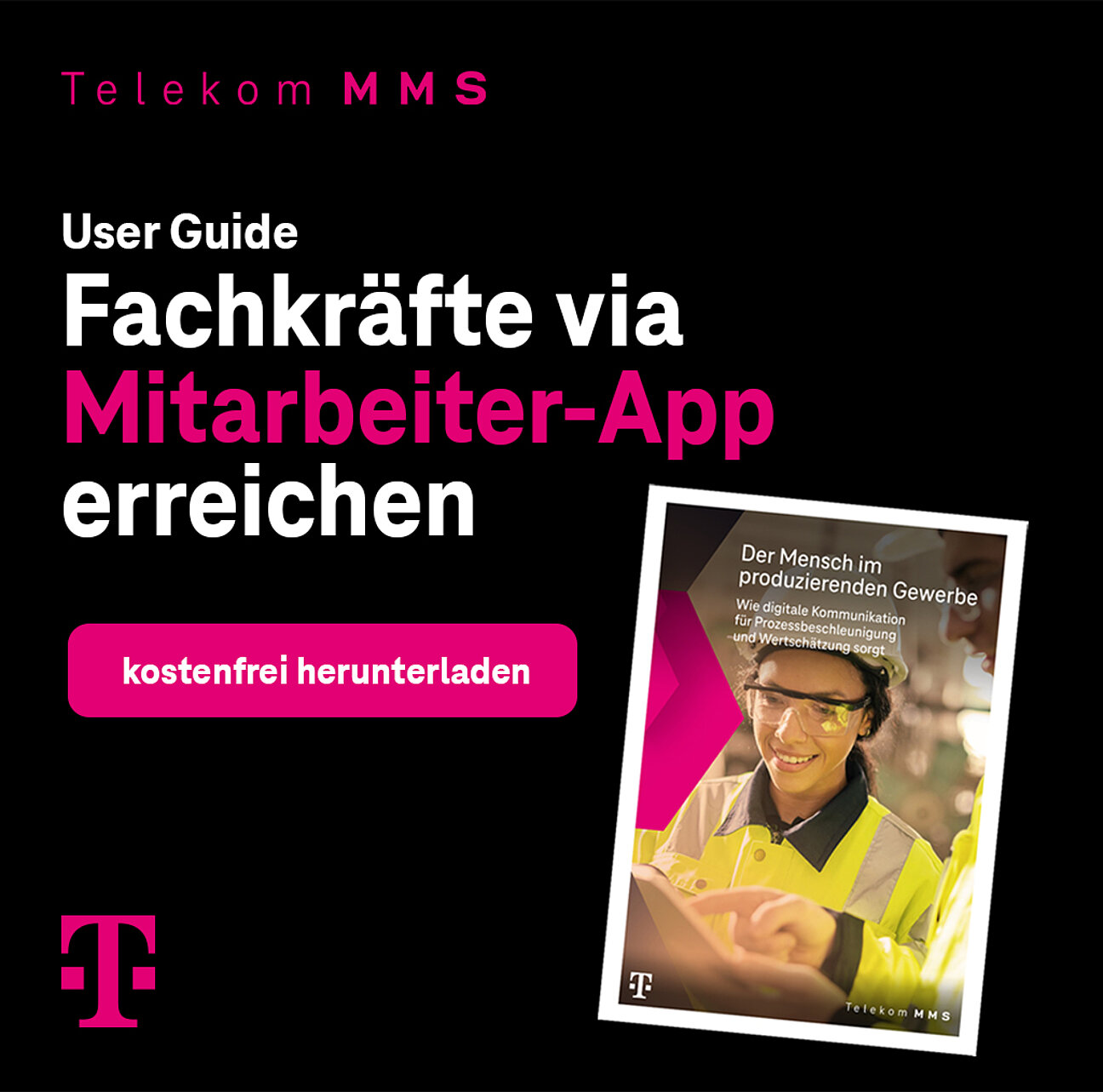
In the preparation of the i2 SUMMIT in November we initiated some interviews with our speakers. The first answers in this series are coming from one of our keynote speakers - Ari Byland. Ari Byland is an Enterprise Agile Coach as SwissQ. He started his career in the banking industry, before becoming a IT professional. He has a broad experience, ranging from Data Management and BI systems over application to web development. As Enterprise Agile Coach he currently supports companies to start the Agile transformation and coaches teams and members of management. At the i2 SUMMIT he will be talking about agile leadership. In our interview we asked him about the key aspects of this approach.
1. Ari - we invited you as keynote speaker at i2 SUMMIT in November to give a talk about agile leadership. What are the three hashtags that are characterizing your planned talk best?
Most simply: #agile #leadership #digitalTransformation. Or to leave out the obvious: #autonomy #culture #complexity Get more keywords by discussing with me on Twitter: http://twitter.com/abyland
2. What is the importance of agile leadership for the discussion about the digital transformation?
During the last few decades, technological development rapidly accelerated, which lead to an ever increasing complexity. Coming from software development, Agile practices tried to tackle this complexity through iterative processes and self-organizing teams. But Agile is much more than practices. More important are principles, mindset and values. Companies must, to be ready for the digital transformation, reinvent not only their products and processes, but also reshape their cultures and values. To support this development we need a new kind of leadership, one that embraces the Agile values and mindset.
3. So while we want to achieve business agility with the digital transformation, we also need an agile approach to succeed in the digital transformation?
Definitely, yes. To achieve business agility, we need to empower everyone in our organizations and unlock their intrinsic motivation and engagement. Only then can an organization innovate fast enough to stay ahead of the ever growing competition. Every business will be a digital business. The rising complexity can only be addressed through fast learning cycles, achieved with Agile approaches.
4. What are the key building blocks for an agile leadership for the digital transformation?
De-centralized decision making, transparency, visionary leaders. We need the de-centralized decision making to achieve a high pace of decisions, made where the most knowledge about the environment, the customer and product is present. This means, that we need to distribute the decision-making as far out to the teams as possible. We need transparency to be able to gain knowledge about our position, relative to our goal, our customers and competitors. Only if we have transparency, possibly gained through Scrum or similar, we can learn and adjust our further course. Third, we need visionary leaders. Leaders, that don't lead as experts or through formal authority, but who are able to work collaboratively and create an environment of safety and trust. Their strong vision aligns people, because it gives them something they can relate to and see a purpose in. Such an environment helps people to engage and create bold ideas. Trust and the feeling of safety is essential to come forward with such ideas. These ideas are key for the organization to innovate.
5. Do we need to turn the whole organisation and management to the agile approach to master the digital transformation?
Working with Agile practices will foster better results and lead to a reduced time-to-market. We will also see a higher engagement on team level, at least for a certain time. But these effects will be limited, as long as the organization isn’t able to embrace and integrate Agile values into its culture. Therefore: Yes, if an organization strives to stay ahead of the market and competition and wants to be ready for the digital transformation, it will need to change not only its products and processes but also its culture.
6. What are your recommendation on how to start the agile leadership revolution?
During the last years we saw a lot of initiatives on team level toward Agile. Team or project leader realized, that they need another approach to succeed with their projects. Those actions then tended to spread through the organization to a certain degree, some even were able to turn the whole company to Agile. But this change is really hard and requires very dedicated and persistent change agents. Over the last year, especially the last few months we see an increased interest from top management about how to make this Agile transformation. This approach requires excellent preparation and education of all the people involved. A lot of companies therefore consider support from external experts to take such a step.
7. What are your expectations for the i2 SUMMIT?
Collaboration and communication are key for succeeding in Agile. Therefore I am looking forward to an exchange with the experts present at the conference.
Wir legen großen Wert auf sachliche und unabhängige Beiträge. Um nachvollziehbar zu machen, unter welchen Rahmenbedingungen unsere Inhalte entstehen, geben wir folgende Hinweise:
- Partnerschaften: Vorgestellte Lösungsanbieter können Partner oder Sponsoren unserer Veranstaltungen sein. Dies beeinflusst jedoch nicht die redaktionelle Auswahl oder Bewertung im Beitrag.
- Einsatz von KI-Tools: Bei der Texterstellung und grafischen Aufbereitung unterstützen uns KI-gestützte Werkzeuge. Die inhaltlichen Aussagen beruhen auf eigener Recherche, werden redaktionell geprüft und spiegeln die fachliche Einschätzung des Autors wider.
- Quellenangaben: Externe Studien, Daten und Zitate werden transparent kenntlich gemacht und mit entsprechenden Quellen belegt.
- Aktualität: Alle Inhalte beziehen sich auf den Stand zum Zeitpunkt der Veröffentlichung. Spätere Entwicklungen können einzelne Aussagen überholen.
- Gastbeiträge und Interviews: Beiträge von externen Autorinnen und Autoren – etwa in Form von Interviews oder Gastbeiträgen – sind klar gekennzeichnet und geben die jeweilige persönliche Meinung wieder.







